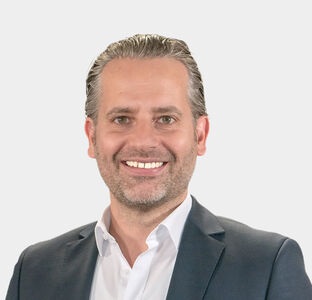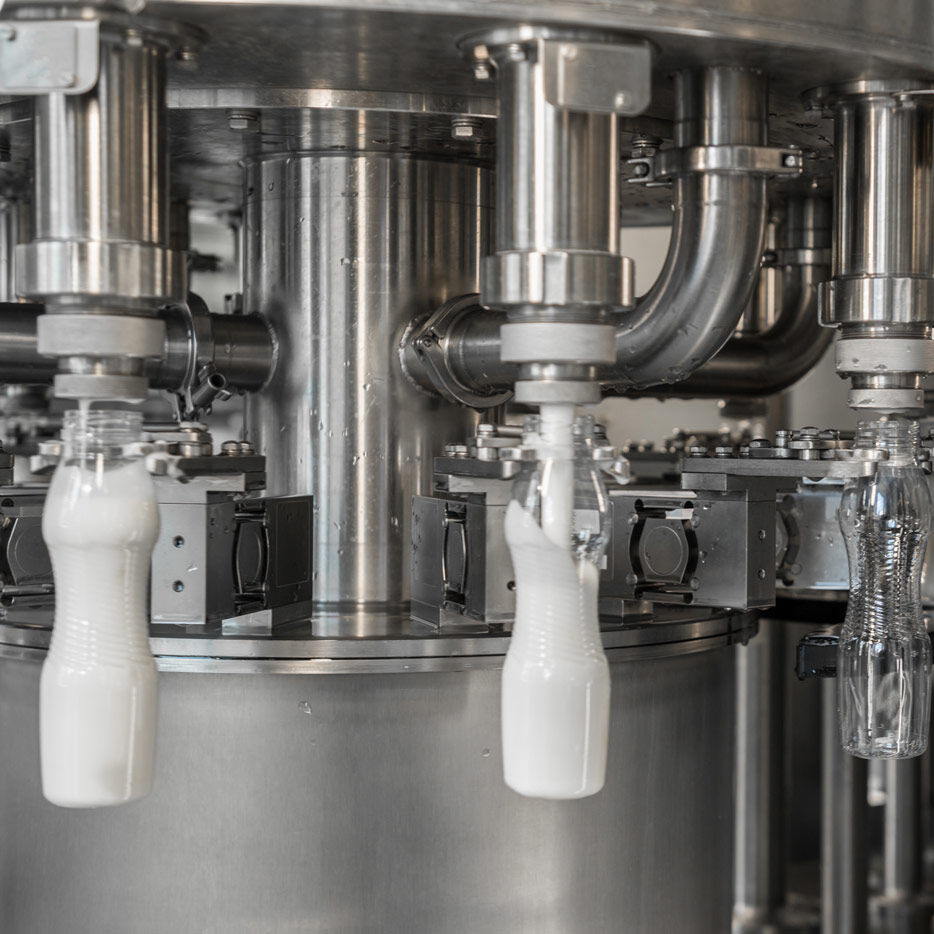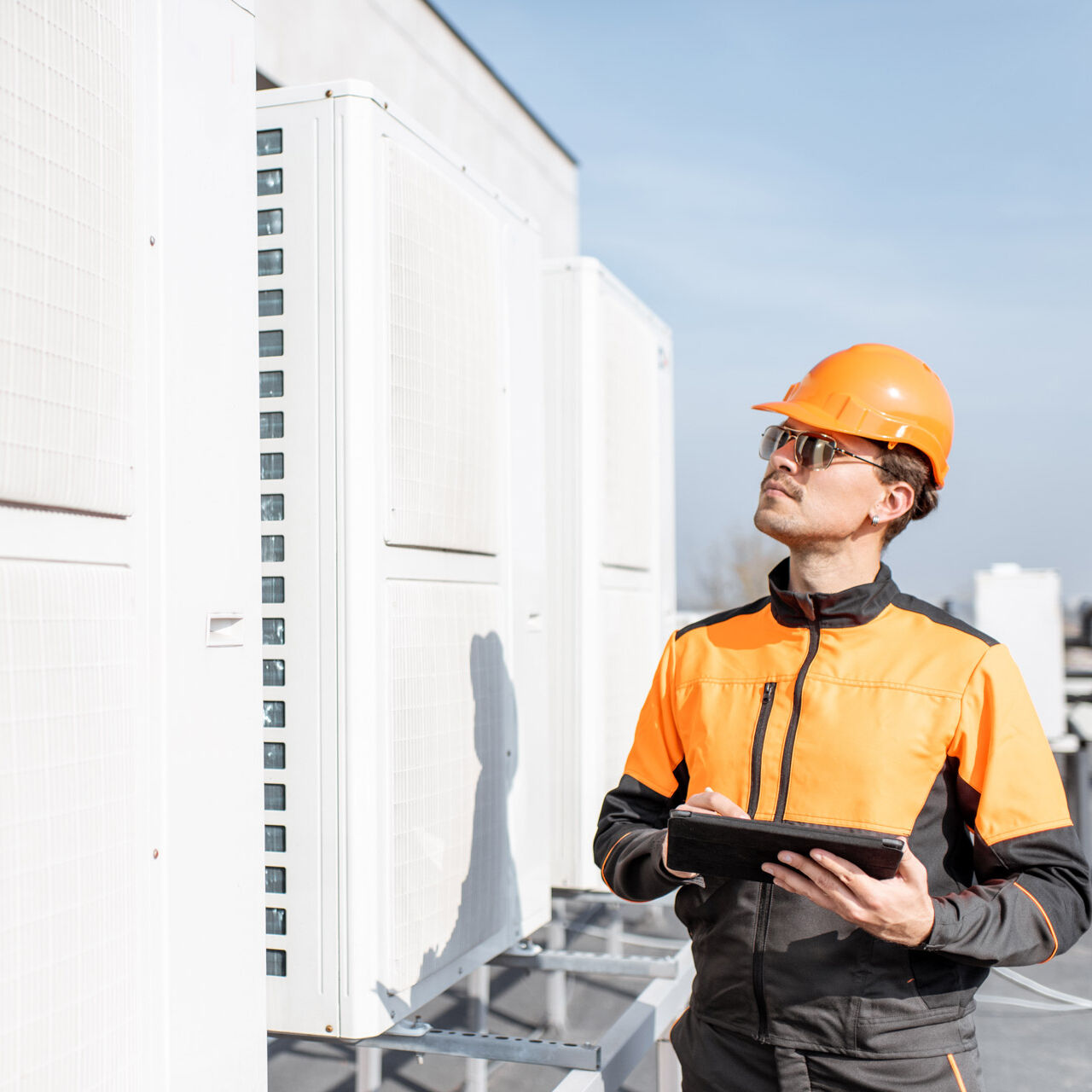Green Building
A sustainable factory design is characterized by ecological construction. At the same time, it conserves natural resources, uses regenerative energy sources and takes local conditions into account. Thus, the ecological footprint can be significantly reduced.
-
Use of climate-friendly building materials and a compact, climate-optimized design to reduce the energy consumption of the factory buildings and the environmental impact of their operation.
-
Procurement and self-generation of energy from renewable sources for production and logistics processes in the factory.
-
Strategies to reduce the consumption of water and other media.
-
Consideration of sustainability aspects in site selection to reduce environmental effects, e.g. through shorter transport routes or efficient use of existing buildings.




